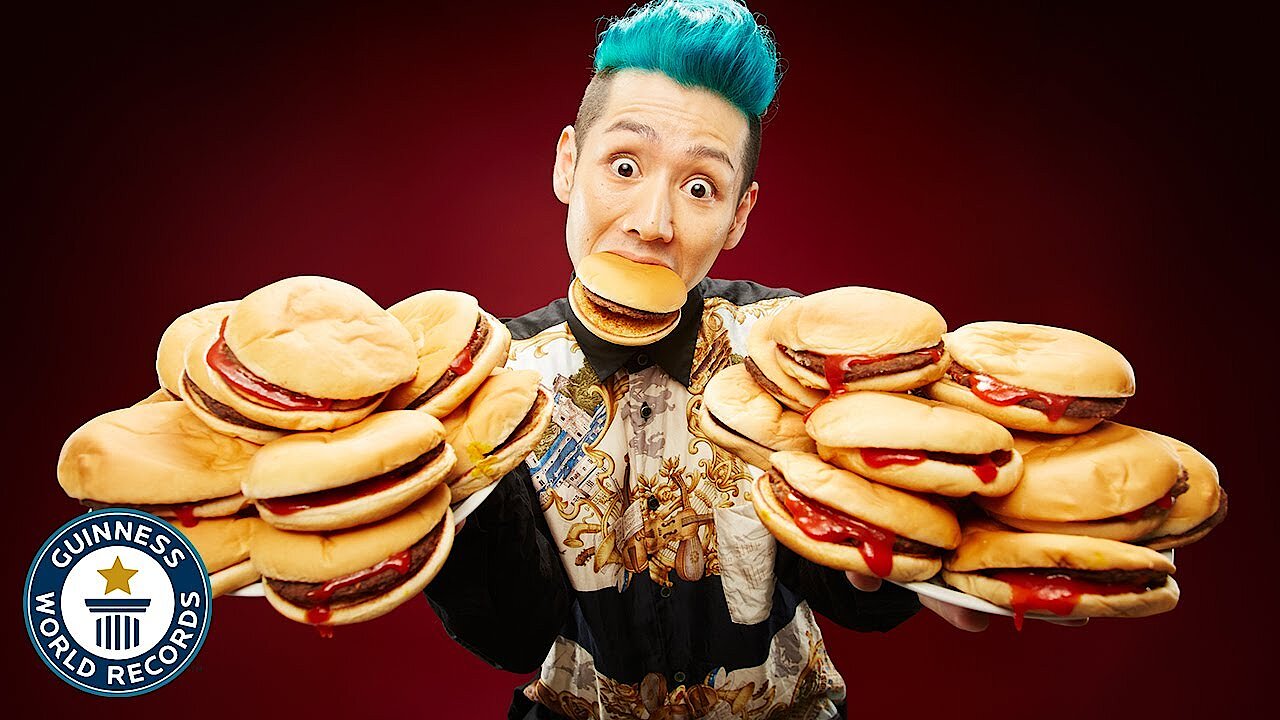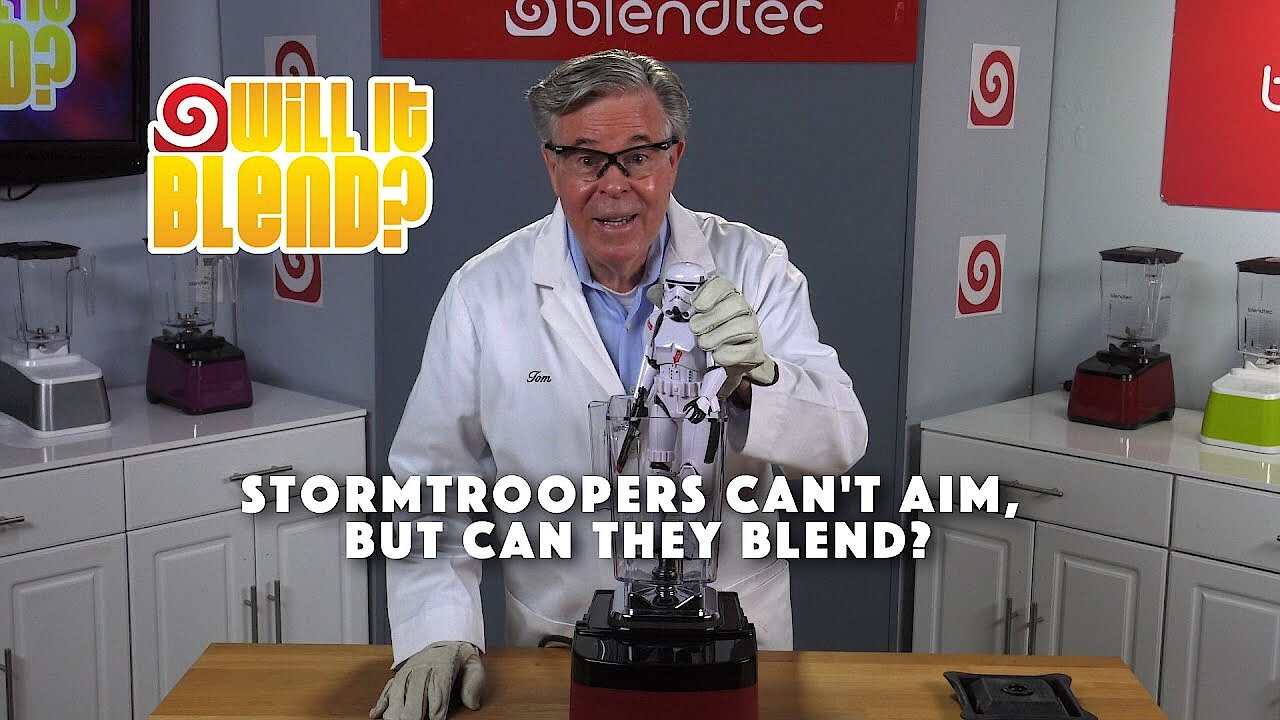What’s the difference between SEO and content marketing?
Two key digital marketing terms that sometimes get confused with one another are Search Engine Optimization (SEO) and content marketing. They both play crucial but different roles in digital marketing. This article will explore the difference between SEO and content marketing, focusing on the aims of each activity and how they are achieved, as well as providing examples of SEO and content marketing.
Optimizing your site for Google
The rise in the importance of SEO in the last twenty years is a direct result of shifts in consumers’ purchasing habits brought about by the internet. The Google search engine receives around 2 trillion searches per year. Using search engines to find what we want is such an important part of modern life, that you’ll find ‘to Google’ in the Oxford English Dictionary as a verb. One of the most important differences between SEO and content marketing comes down to purpose.
SEO is all about getting as many of the right visitors from the unpaid results of search engines onto your website as possible. By right we mean those who will be the most likely to buy and use your products and services. The best way to achieve this is by getting top rankings for the phrases that these customers use on search engines. It’s the first few results on the first results page that get the vast majority of clicks, this is why SEO has become such an important part of modern marketing.
- Improve your Google ranking without paying an agency
- Reply to reviews and generate social media posts faster
- No SEO or online marketing skills needed
SEO as a marketing channel
SEO’s single-minded focus on bringing customers to a site or business is why we refer to it as a marketing channel. The purpose of any marketing channel is to function as a medium of communication with customers. Other well known digitale marketing channels include:
- E-mail marketing
- Search Engine Advertising
- Display Advertising
- Social Media Marketing (SMM)
- TV Advertising
- Website
- Native Advertising
It is important to note that SEO is the channel, not search engines, for two reasons: First, search engines play a crucial role in marketing through other channels, especially Search Engine Marketing (SEM). Second, search engines may be the place where customers find a site, but it is Search Engine Optimization that makes a site found in the organic results. If your site isn’t optimized correctly, search engines like Google might not be able to find it and list it in their results.
SEO, site and content optimization
SEO is often about optimizing two areas: Firstly, optimizing a site usually means enhancing its technical configuration, such as reducing loading times and image sizes, or submitting a site map. Basically, making sure it is as easy as possible for search engines to scan and find your site’s content. Second, we think of SEO in terms of optimizing content. This is about making sure your content gets as high as possible rankings for the keywords your target audience uses. What the site owner wants to do with these clicks depends on the strategy motivating their SEO. For instance, someone using the strategy of direct marketing might use an SEO content strategy to target specific keyword phrases customers use to buy a product.
The top-ranking organic results for the term ‘buy flowers’ on the site (without ads written by them) all lead to e-commerce sites selling flowers because the owners of these sites have optimized their content to appear in the results for the queries people use to find and buy flowers online. But we use search engines for much more than just buying products, we also use them for research and learning. The results we want our site to appear in depends on the marketing strategy we are using. As you will see, when doing content marketing, the keywords we target can be very different from those used for e-commerce.
Want to make sure you are doing everything you can to make sure your website can be found in the Google results? Test your site now with our free online visibility checker.
Creating engagement with content marketing
Where SEO is about getting clicks in the organic results, the strategy of content marketing focuses on building a relationship with customers, creating engagement with written content, videos, images, and social media posts. When compared with a direct marketing strategy, the goals of content marketing are often less immediately achievable or obvious. They could be establishing a brand or building a site’s authority in specific areas linked to its industry.
A great example of content marketing from the pre-internet age is the Guinness Book of records. It began as a promotion from the Guinness Beer company. The book was first imagined as a way of creating interesting content that would make great bar-room conversation. The book has played a big role in making the company a major international brand by appealing to consumers’ interests and fueling conversation, core elements of content marketing.
 To display this video, third-party cookies are required. You can access and change your cookie settings here.
To display this video, third-party cookies are required. You can access and change your cookie settings here. Modern content marketing with brands
In the age of digital marketing, online content marketing is a progression from the old sponsorship and tv-advertising of the pre-internet age. Major brands who previously promoted themselves with TV ads and sponsorship, can buy the rights to show these events themselves. They can then turn this event coverage into content that they can share on their channels. Red Bull is a great example of a major brand that utilizes content marketing well in the internet age. They regularly create interesting multimedia content on engaging topics, from E-sports coverage to lectures and discussions with musical legends including Iggy Pop, and contemporary artists like ST. Vincent. Sharing this interesting content across their channels creates engagement and makes their brand seem fresh and cool, appealing to the core value of its key youth demographic.
Creating interesting content that isn’t directly related to selling products is also a crucial way of building on an online following. When consumers subscribe to the social media channels of a brand, they create a valuable direct channel between them and that brand. This channel only stays open whilst the consumer is interested. This is a key reason why content marketing has become so important. Customers will not stay subscribed to a business channel that solely consists of product promotion for long. Content marketing keeps consumers interested so that they are engaged and receptive to occasional offers. Equally as important, content marketing builds a relationship with customers that can lead to long-lasting brand loyalty.
 To display this video, third-party cookies are required. You can access and change your cookie settings here.
To display this video, third-party cookies are required. You can access and change your cookie settings here. For small businesses looking to work on building their brand, rankingCoach’s brand monitoring features can be very useful.
Content marketing for small businesses
Many small businesses use content marketing as a way of being found by customers. These businesses don’t have the budget or the following to do content marketing like the big brands. Instead, small businesses tend to do content marketing in a way that capitalizes on the internet's power as a tool for discovery and research.
Consumers don’t just use the internet to find what they want to buy, they also use it to help them solve problems and find interesting new topics and content. Many content marketing strategies are built around this important fact. They create helpful and interesting content that links back to their brand but is not directly sales-oriented. Then, they place this content on channels that consumers will stumble across, such as search engines, social media, and youtube. Customers who come across a brand that shares interesting and useful content will get a good first impression of it.
If interesting content is well-targeted, getting a good amount of traffic is almost inevitable as those who enjoy the content will be very likely to check out a business’s products and services.
Many content marketing strategies also utilize people’s love of sharing content they enjoy with their friends. A great example of this in practice is Blendtec's Will It Blend? Part of what makes the videos so successful is their ability to appeal directly to consumers with anarchic fun whilst simultaneously displaying the impressive hardiness of the company’s blenders. Millions of people have seen these videos and many have shared them with friends. When content marketing is done right, it can get your audience to drastically extend your reach for you. This series of quirky videos has single-handedly built up the company’s brand and brought them many sales, as a significant proportion of the people who enjoy these videos become customers.
 To display this video, third-party cookies are required. You can access and change your cookie settings here.
To display this video, third-party cookies are required. You can access and change your cookie settings here. The similarities between content marketing and SEO
SEO often goes hand in hand with content marketing. We find a lot of videos on Youtube using the search bar and it is the keywords in the videos that make them discoverable on Youtube. By using SEO keywords strategies, marketers maximize the reach of these videos. It also makes these videos discoverable on search engines. In fact, Youtube is owned by Google and functions like a search engine for videos. The keyword tools that digital marketers use to find the best value keywords for SEO can also be used to find great topics for content marketing. Search engines are an important research and discovery tool for modern consumers. We all use them as tools to solve our problems.
Marketers can do keyword research on search engines to find questions and problems that customers might have linked to their products and then create content to solve these problems. This content could take the form of informative or instructional blog articles that are optimized with SEO or keyword-optimized videos that lead potential customers back to the content owner’s site. A great example of this in action is T.M Lewin’s informative Youtube tutorial on ‘how to iron a shirt’. This video takes into consideration that an average of 3600 people in the UK and 8100 people in the US Google ‘how to iron a shirt?’ (based on rankingCoach’s keyword research tool). T.M. Lewin has created a simple but well-produced tutorial video answering this question. The video has millions of views from people looking to improve their ironing technique. Some of these viewers will become acquainted with the brand and buy some of these products which are crucially linked in the video’s description.
 To display this video, third-party cookies are required. You can access and change your cookie settings here.
To display this video, third-party cookies are required. You can access and change your cookie settings here. Conclusion on SEO vs content marketing
SEO and content marketing are sometimes confused because content marketing can utilize tools and techniques of SEO, especially when creating informative problem-solving content that targets customers through search engines. Both terms are very important for modern digital marketers to know and understand. SEO is primarily about maximizing the number of clicks a site gets from the search engine results by optimizing a website and its content. Whereas content marketing is a marketing strategy that often uses multi-channel to appeal to consumers’ needs, interests, and curiosity. It is a vital tool for building a brand and an online following. However, it’s important to bear in mind that to maximize your chances of succeeding online, content marketing and SEO should be used to complement each other.
- Intuitive website builder with AI assistance
- Create captivating images and texts in seconds
- Domain, SSL and email included

